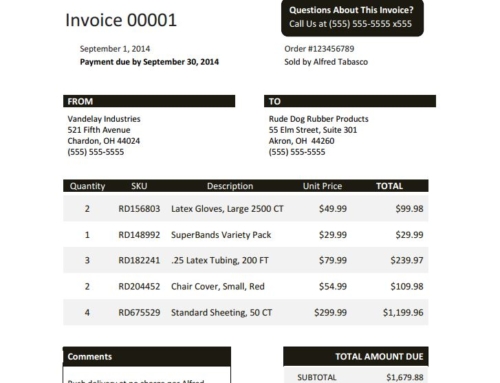As your company grows, you may begin to start working with companies internationally. As you start to extend credit to these companies in different countries, there are a few nuances that you will need to adjust to. Not only will you need to deal with time zone issues or a difference in currency, but what many credit professionals forget to consider is a cultural difference. This is true not only when you go across the globe, but can be seen even in the vast cultural differences in the United States. You may not handle a customer in California the same way as you deal with a customer in Alabama.
The main issue you may run into when dealing with extending credit internationally is a more laid back attitude towards getting payment in on time. While we are used to collecting payment on time or shortly thereafter in America, the norm in other countries may be used to longer payment terms. According to Financial Times, throughout Europe companies are getting paid on average 47 days later than their terms describe. However, this differs among the different countries in Europe. In Italy, suppliers are getting paid on average 85 days late and 75 days late in Spain. If this is something that businesses have grown accustom to, they may expect to have the same leniency with your payment terms, as well.
In order to combat these cultural difference, it is important for you to learn how to speak with your customers. This doesn’t simply mean knowing how to speak their primary language, although that certainly helps. You should have an idea of how to speak to them about things that may interest them culturally and learn how to make small talk. Although we may find it socially acceptable to ask how a customer’s family or kids are doing, a customer in another country may find this to be an invasion of privacy. Take time to do some research on the particular country’s culture before extending credit internationally.
A good way to start your research is to reach out to some local resources in that country. This will also be a good determinate for whether the company is credit worthy. It is more likely that locals will know the reputation of business in their area than you will be able to glean from a few phone calls. Ask your potential customer for local references that have done business with them. Get a hold of local sales representatives and ask them what it is like to do business in that area. By gathering this local perspective you can gain a bigger picture of what the company is truly like.
Beginning to extend credit internationally is very different from doing business strictly in the United States. We have a better understanding of what is typically expected of customers for payments. Once you venture out of the country, you will need to do more research on what kind of payment terms to offer and how strict to be with your reminders and collection letters. It will be more work, but it will pay off in the end.




